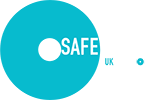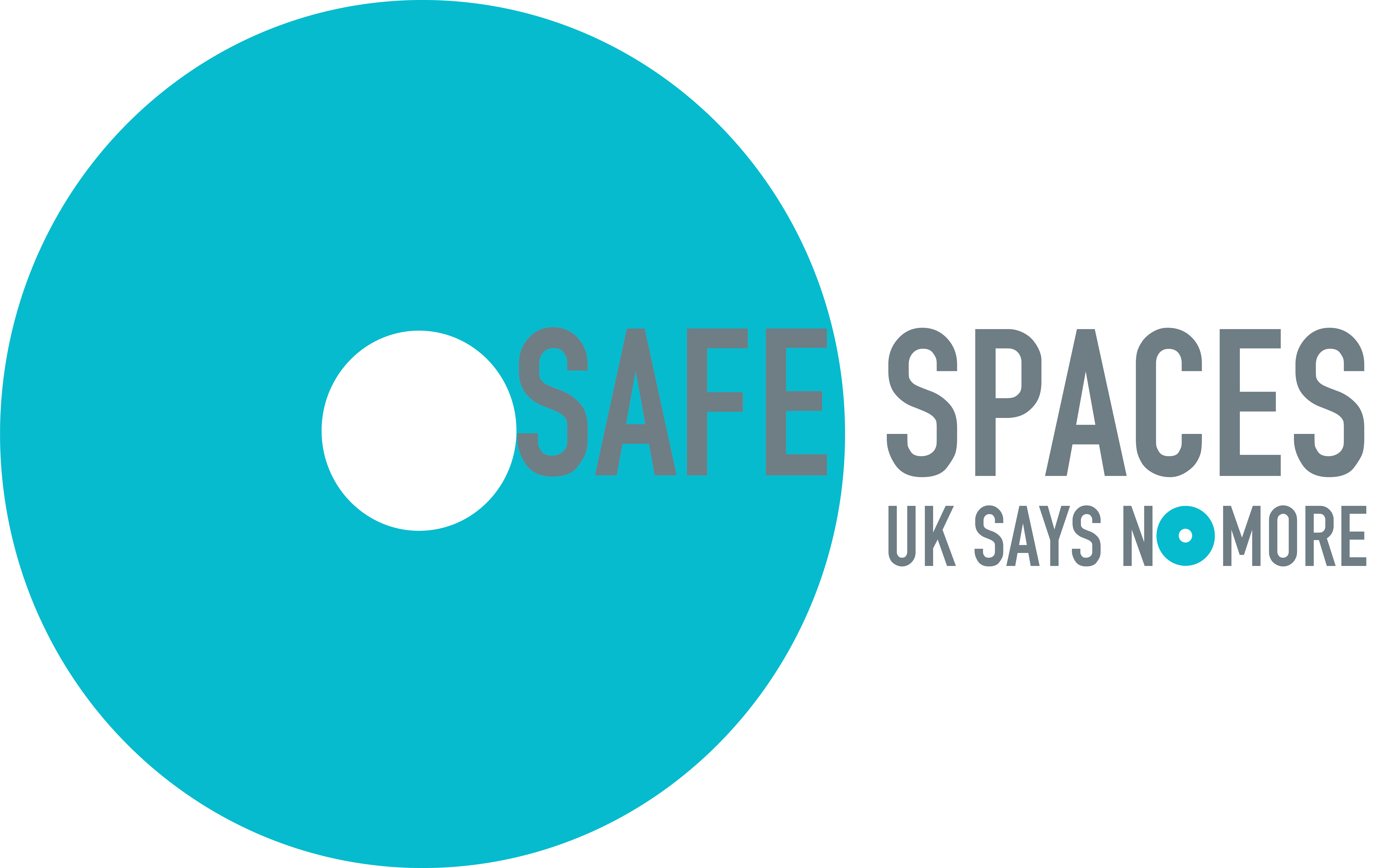Finally, when you are kind to others, the reward centre in your brain is activated, releasing dopamine, the ‘pleasure hormone’. This hormone can leave you with the phenomenon known as the ‘helpers high’ – the uplifting feeling you experience when delivering an act of kindness. Dopamine also helps to regulate memory, concentration, appetite, attention span and sleep. Therefore, dopamine has been associated with increased performance and energy, improved sleep and decreased pain– all of which would improve your mental health.
When combined, these three feel-good hormones can have significant positive effects on both your mental and physical health. So how can you release them?
How to be kind to yourself
Kindness starts with being kind to yourself. It can be easy to forget yourself when you are busy taking care of others; but when you are kind to yourself, it is much easier to be kind to others. Think about it – how often do you take time out of your day to focus on YOU?
Here are some ideas on how to be kind to yourself, especially during the current pandemic:
- Allocate time for yourself – allocate time every day to do something you enjoy. Whether it be a hobby, baking, colouring, journaling, or just sitting in peace – make sure you have ‘me time’ every day.
- Set yourself goals – setting goals gives you a focus, helping you to organise your time and resources to achieve success. Then once you achieve your goals your brain rewards the body by releasing dopamine (your ‘pleasure hormone’).
- Increase your self-awareness – being self-aware allows you to truly understand your strengths, weaknesses, preferences and emotions. This can increase your confidence and your ability to interact with others.
- Practice Meditation and/or Mindfulness – meditation and mindfulness help you to become aware of your internal thoughts, feelings and behaviours whilst increasing calmness, concentration and emotional balance.
- Exercise outside – exercising regularly has many positive effects on your mental and physical wellbeing. Moreover, fresh air has been shown to build your immune system, improve digestion, increase energy, and release more serotonin (your ‘happy hormone’).
- Soothe yourself – take a nice hot bath, listen to music, make your favourite hot drink and watch a film. Do whatever it is that will relax you after a long day.
- Stop comparing yourself to others – social media makes it easy for us to compare our lives with others’. But remember that social media only presents one side of everyone’s story – the best side.
- Believe in yourself.
How to be kind to others
Once you have looked after yourself, helping others will boost your happiness even further. Here are some ideas of how you can be kind to others – not just those close to you, but even strangers:
- Smile – never underestimate the power of a smile. Smiling releases the feel-good hormones in your brain and as smiling is contagious, the person you smile at (whose brain is programmed to smile back) will also get a hit of feel-good chemicals. It is a win-win situation!
- Give to charity – help others by donating to charity. This does not have to be a monetary donation; but having a clear out of your clothes and/or belongings will not only help clear your own mind but help others in need. If you are also in the position where you can volunteer to give your time to charities, especially during the pandemic, your brain will definitely reward you with the happy hormones!
- Stay connected – maintaining relationships with people we trust is important for our mental wellbeing. Whether over the phone, via messages or online, talking to others can help you feel better by sharing your thoughts and feelings. Remember to check on your ‘strongest’ friend – sometimes it is our strongest friends who do not ask for help. Everyone needs help from time to time, check in and see if they are ok.
- Appreciate others – show someone you appreciate them by saying ‘thank you’ or acknowledging their support. Being grateful has been shown to improve wellbeing by strengthening social relationships and inducing a positive emotional state.
- Give compliments – complimenting others will benefit both you and the receiver. By making them feel good, you in turn will feel good too – this is how our brains are wired. For this to work, the compliment must be genuine and received positively.
- Pick up litter – not only will this get you outside in the fresh air, litter picking will provide you with a psychological reward for helping your community, wild animals, and the environment.
- Doorstep delivery – a random act of kindness such as delivering a card, cake, or gift to a loved one in these uncertain times could make their day, and yours!
Kindness becomes easier with practice. It is like a muscle – the more you train it, the stronger it becomes. It is also contagious! Those who give, receive, or witness an act of kindness are significantly more likely to spread kindness themselves and therefore the positive effects of one act of kindness can have a domino effect.
So who knows how far your kindness will spread – why not start today!




